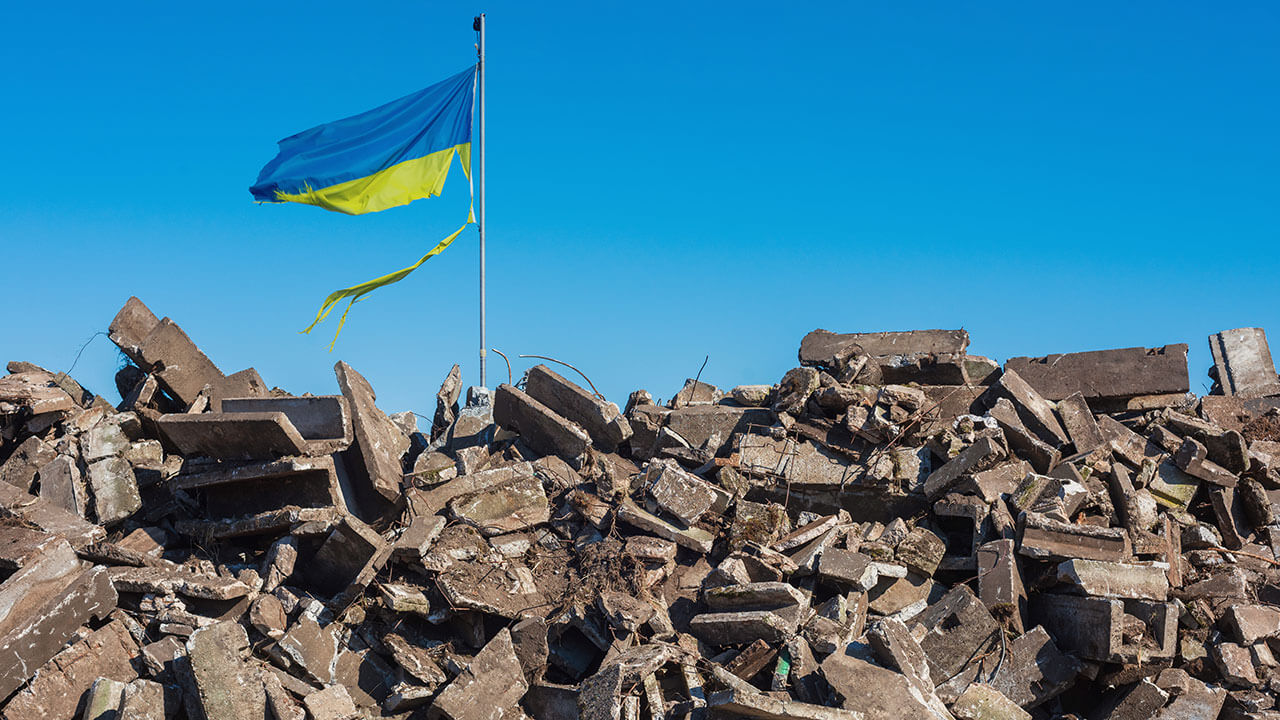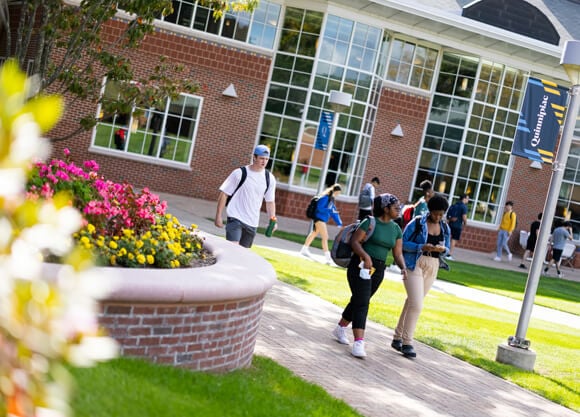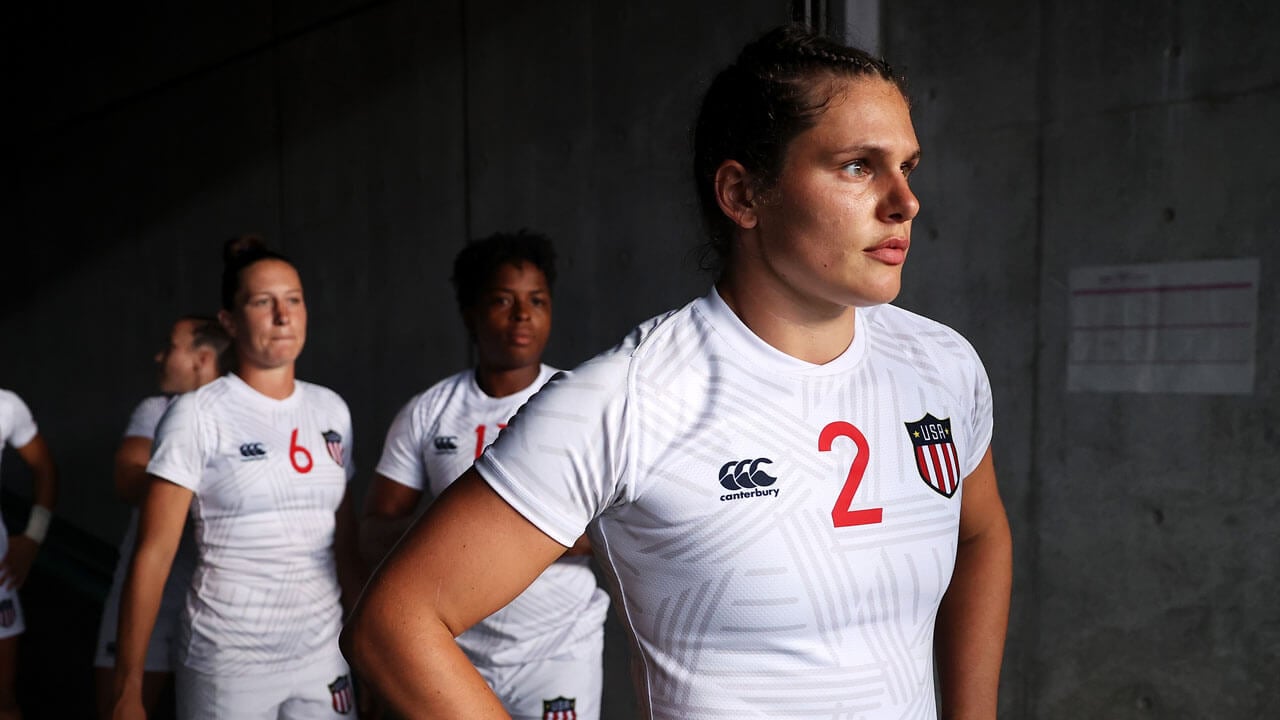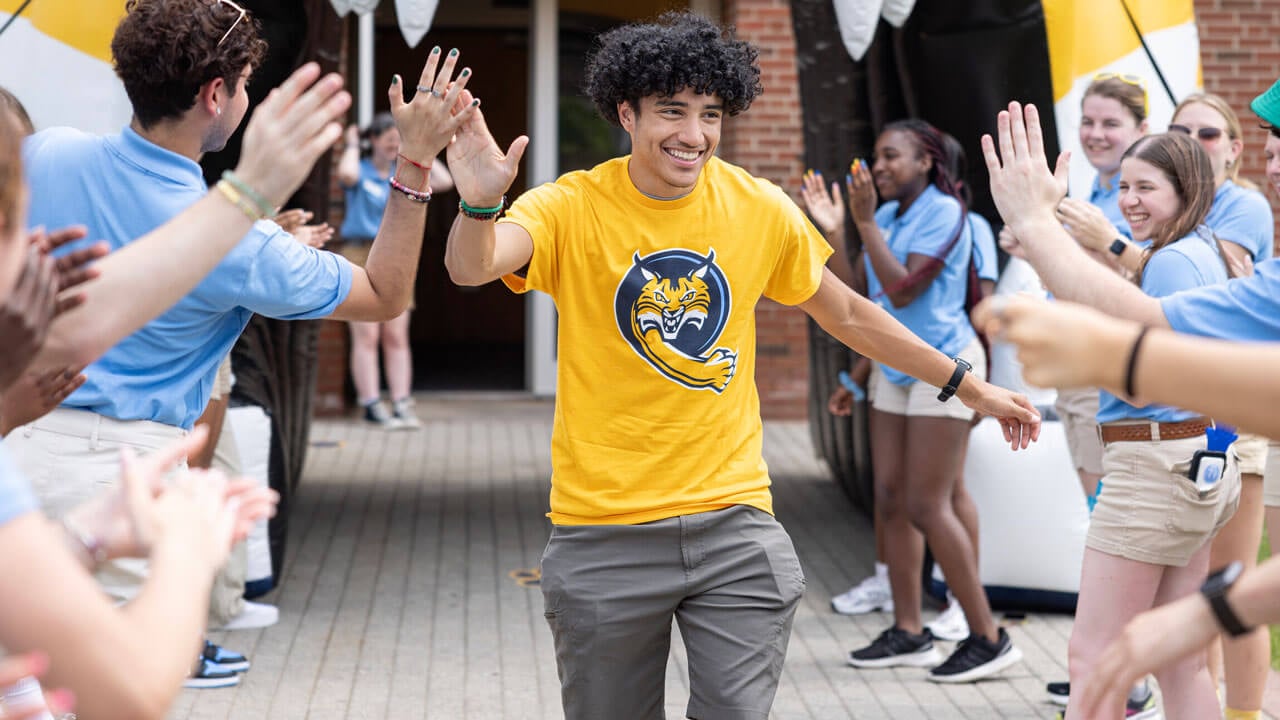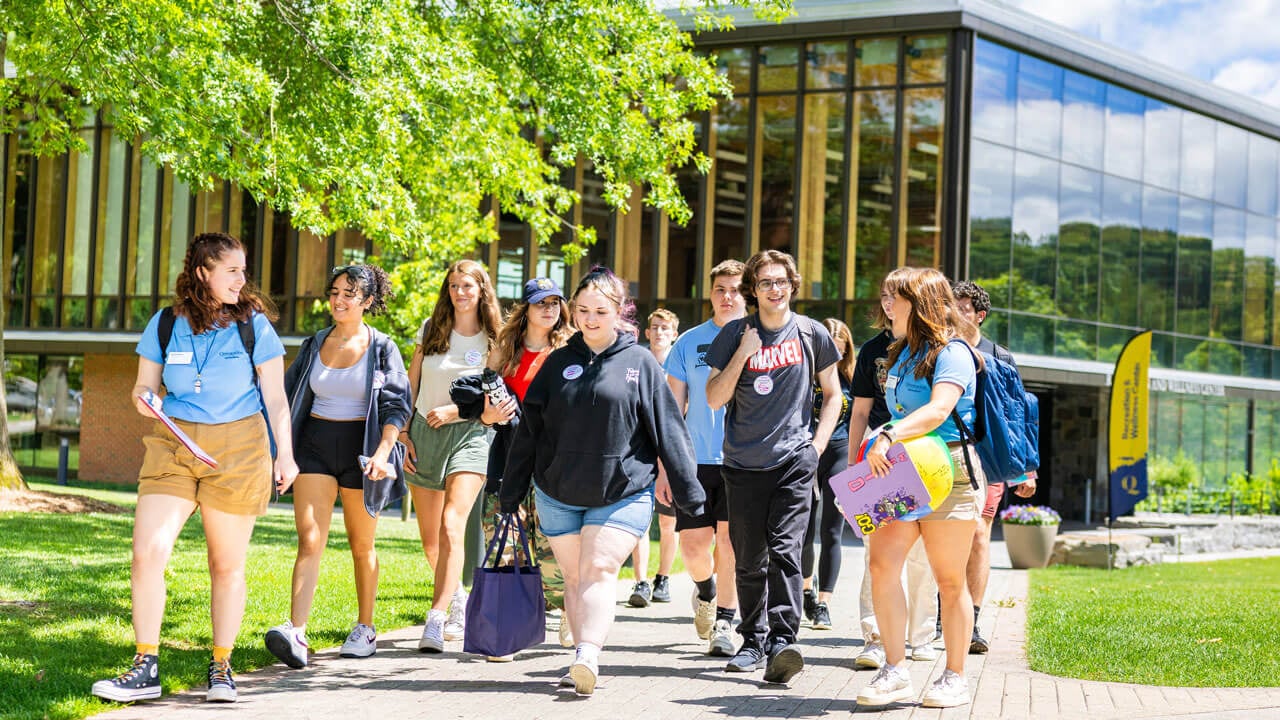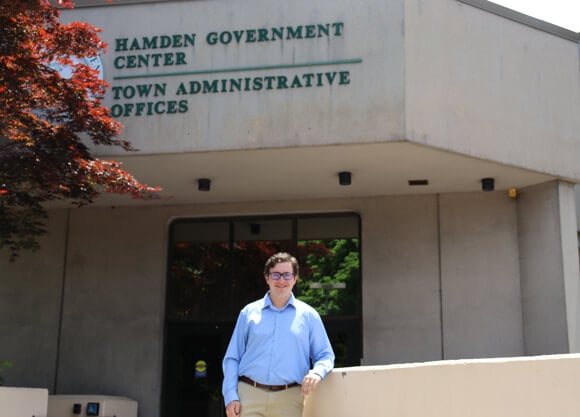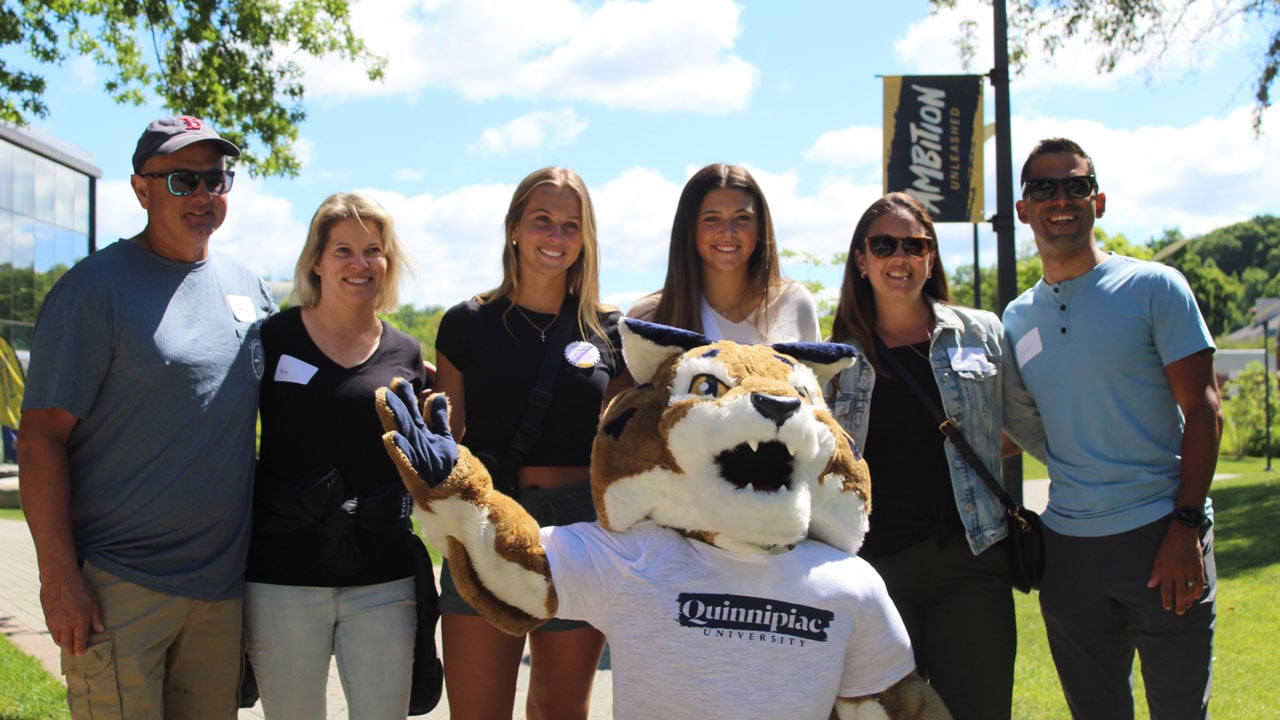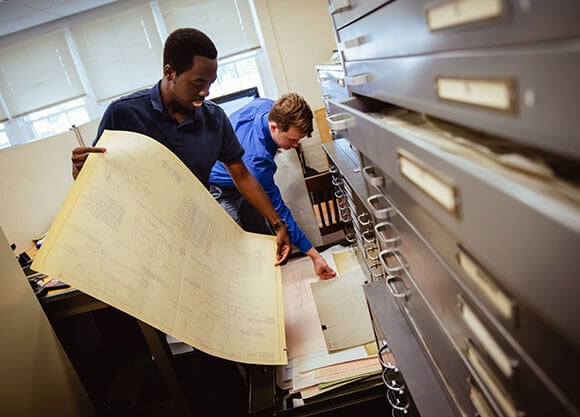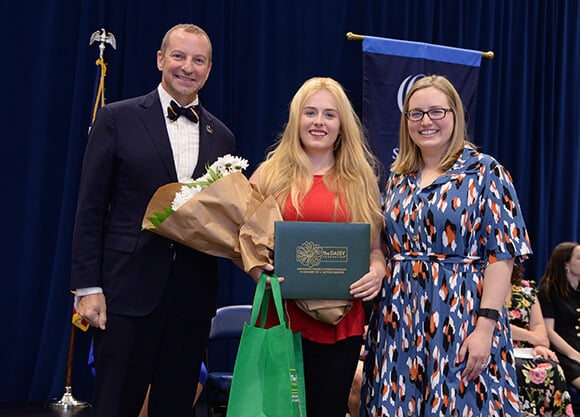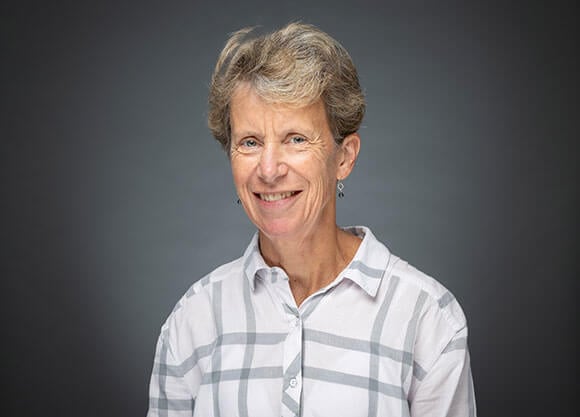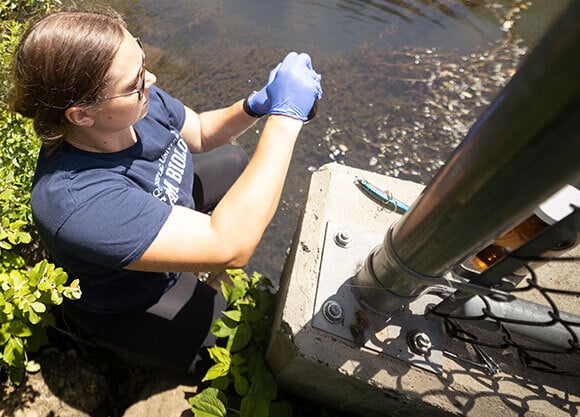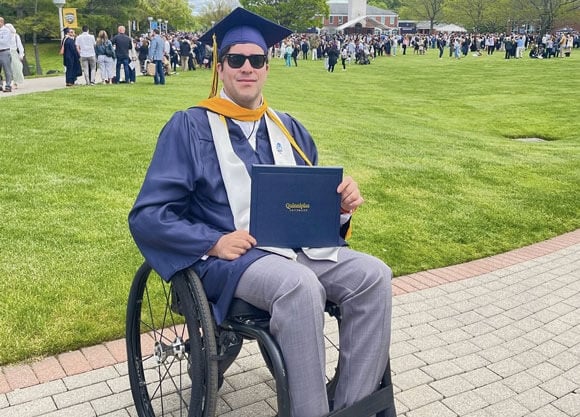
As the world marks the one-year anniversary of the new front, Quinnipiac students and faculty with roots in Eastern Europe reflect on the impacts the war has had in their lives.
"War is awful," said Chris Ball, director Quinnipiac's Central European Institute, Istvan Szechenyi chair, and associate professor of economics. "In the American news we mostly hear about the military side of things, punctuated with stories of buildings, towns and lives being destroyed. But the full impact of a real war like we are seeing today is much broader. This is the largest mass migration in Europe since the world wars. An estimated 200,000 people have died so far. Families are broken up for life. And this will affect all those lives and the lives of the people in the countries to which refugees flee. Then, long after the war ends, they will be rebuilding roads, churches, stores and homes but the dead don’t return and those families cannot be rebuilt. The environmental damage will take years to clean. The poverty remaining will take years to remedy. And every country in Europe and every country in the world is impacted by food shortages, energy shortages, floods of refugees needing our help and that’s not to mention the financial and military aid."
The world needs people who understand these things and can help, he said.
"Quinnipiac, our faculty and students, have the capacity to use what they learn here to make the world a better place, to help those in need and one day, hopefully help rebuild," Ball said.
Miklos Leszkó, an MBA student from Hungary, said the war is not just affecting Ukraine, but also the European Union.
“This is not going to be better and it’s just getting worse and worse,” Leszkó said. “We can see the sanctions are not working; they are actually back-firing our economy. I personally think we have to come to an agreement and the biggest political powers have to agree that we have to work toward peace because I don’t see that we can solve this problem without getting Russia, the U.S. and Ukraine to come to the table and work something out. I think the only solution for the problem is peace and peace can only happen if we can sit together at one table and have an agreement on something.”
Domen Bozic ‘23 is a computer information systems major from Slovenia. His parents were living in Slovenia during the Yugoslav Wars in the early 90s. Growing up, his parents told him stories of the war.
“It affects you, your future and everything,” Bozic said. “It's super hard to start from nothing when you had something before. And now you have nothing. Seeing these countries around you, it's just hard.”
Not only were Bozic’s parents witnesses to war, but his friends also played a soccer match in Ukraine during the Russian attack. The attack happened while Bozic was at Quinnipiac. When many in Ukraine and Europe thought the threats from Russian President Vladimir Putin were nothing more than rhetoric, the attacks came as a shock.
“It was scary. I had some friends who were playing soccer there in Ukraine, and they needed to run out of the country and take trains,” said Bozic. “They were traveling for about 30 hours to get out when the war was starting. It was all of a sudden. He said the Ukranian president and everyone was saying, ‘Nothing is going to happen, it’s just some threats’ then boom. All of a sudden, it happened, and they all started running. Luckily my friend got home safely.”
The Central European Institute is uniquely positioned to help the university and broader communities better understand what is happening in the world.
“Our strategic plan says: ‘We are a community enriched by our ideas, inclusive excellence and commitment to preparing graduates as enlightened global citizens equipped for the challenges and opportunities of 21st-century careers.’ And we have as a goal to ‘positively impact internal, local and global communities,'" Ball said.
The institute will host an event that considers the impact of the war on Saturday with multiple high-ranking European and American officials.
"I can’t think of a better example of those things," Ball said. "I am so honored to be hosting this event. This conference brought all the best I could have hoped for from our Quinnipiac community: students volunteered, faculty and deans supported our efforts, the QU Democrats and QU Republics both volunteered and worked together, and our QU Student Veterans Organization stepped up immediately, knowing full well the broad human cost of war. We are taking our role in this world seriously and showing that the Quinnipiac community can come together and have an impact that reverberates around the globe. I couldn’t be more proud of everyone involved.”
In this Article
Stay in the Loop
Quinnipiac Today is your source for what's happening throughout #BobcatNation. Sign up for our weekly email newsletter to be among the first to know about news, events and members of our Bobcat family who are making a positive difference in our world.
Sign Up Now